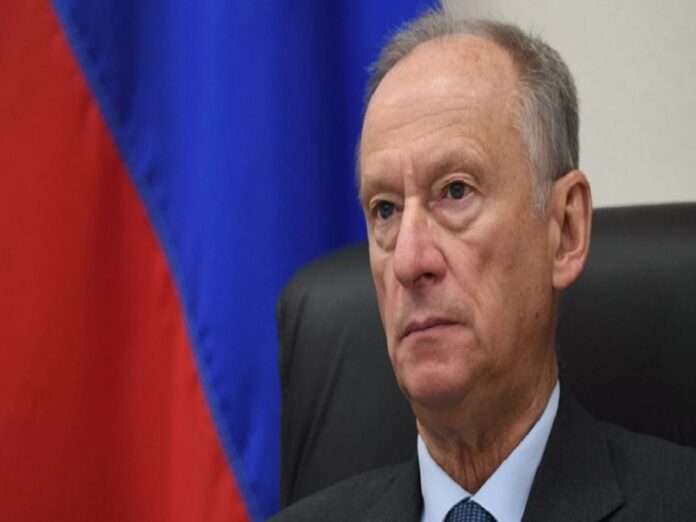Putin’s senior aide Nikolai Patrushev, who ran the FSB for nearly a decade (1999-2008) before chairing the Security Council for over 15 years till recently (2008-2024), made three predictions about international affairs in his latest interview with Komsomolskaya Pravda. The first concerns the continued struggle between Trump and the “deep state”, the latter of which can be described as US’ permanent military, intelligence, and diplomatic bureaucracies, some members of whom are known to oppose him.
Patrushev expects Trump to implement domestic and foreign policies that are practically the opposite of Biden’s, which he characterizes as pragmatic and more aligned with the interests of the American people, but he’s unsure whether he’ll ultimately succeed due to internal resistance. The precedent from his first term bodes ill for his second, but the outcome of this latest struggle will reverberate for decades seeing as how the world is undergoing far-reaching systemic changes last seen since 1991.
On that topic, Patrushev assessed that one of Trump’s top foreign policy priorities is to ramp up pressure on China, including by artificially exacerbating bilateral tensions. He then reminded everyone that “For us, China has been and remains a most important partner, with whom we have relations of especially privileged strategic cooperation. These relations are not subject to the situation, they remain regardless of who occupies the Oval Office.” This can be interpreted as signaling that Russia won’t backstab China.
In other words, Trump’s declared goal of “un-uniting” those two will fail, thus meaning that no worsening of their relations will occur. This shouldn’t be misunderstood as suggesting that Russia will go out of its way to help China at the expense of provoking the US’ wrath, however, seeing as how China hasn’t done that for Russia. After all, the Chinese-based BRICS Bank and SCO comply with US sanctions against Russia as do some of its local banks, all of which is proven in the preceding hyperlinked analyses.
A Chinese company also pulled out of Russia’s Arctic LNG 2 megaproject under sanctions duress too while private drone companies sell their wares to Ukraine. At the same time, Russia continues arming China’s Indian rival to the teeth despite their nascent rapprochement, and it also authorized the shipment of jointly Indian produced BrahMos supersonic missiles to the Philippines a year ago. Accordingly, while Sino-Russo ties will remain strong, some differences will nevertheless still exist.
And finally, the last prediction that Patrushev made in his latest interview was that Moldova and Ukraine might cease to exist as a result of their anti-Russian policies, with the first possibly “becoming part of another state” in an allusion to joining Romania like some nationalists there want to have happen. As for the second, his ominous prediction was preceded by him remarking about how such policies “are destroying once prosperous cities in Ukraine, including Kharkov, Odessa, Nikolaev, and Dnepropetrovsk.”
While some might believe that he’s implying that Russian forces will sweep across both to the Romanian and Polish borders respectively, it’s much more likely that he simply wants Moldova, Ukraine, and their shared American patron to bear in mind the possibly existential stakes if the conflict further escalates. Of course, it’s also possible that one or both collapse under the weight of their anti-Russian policies due to a combination of domestic instability and Russian pressure, but that probably isn’t what he meant.
This take on his intentions stems from what else he said about the need for Russia to only negotiate with the US, not with the UK, the EU, or anyone else. He reaffirmed that Russia will achieve its goals in the conflict and won’t cede any territory, but the overall impression is that Russia is interested in compromising with Trump the pragmatist, though the potential failure to agree to a decent deal (perhaps due to “deep state” subterfuge) could doom Moldova and Ukraine (at least with time).
Reflecting on Patrushev’s predictions, all three are grounded in a solid understanding of their associated dynamics, which is to be expected from someone like him. What unites them all is whether or not Trump will succeed in overcoming “deep state” opposition to his policies, thus making this domestic aspect of his platform globally important. If he does, then the US will likely cut a deal in Ukraine in order to “Pivot (back) to Asia” pronto, while it’ll likely remain in Ukraine and possibly even escalate if he doesn’t.
